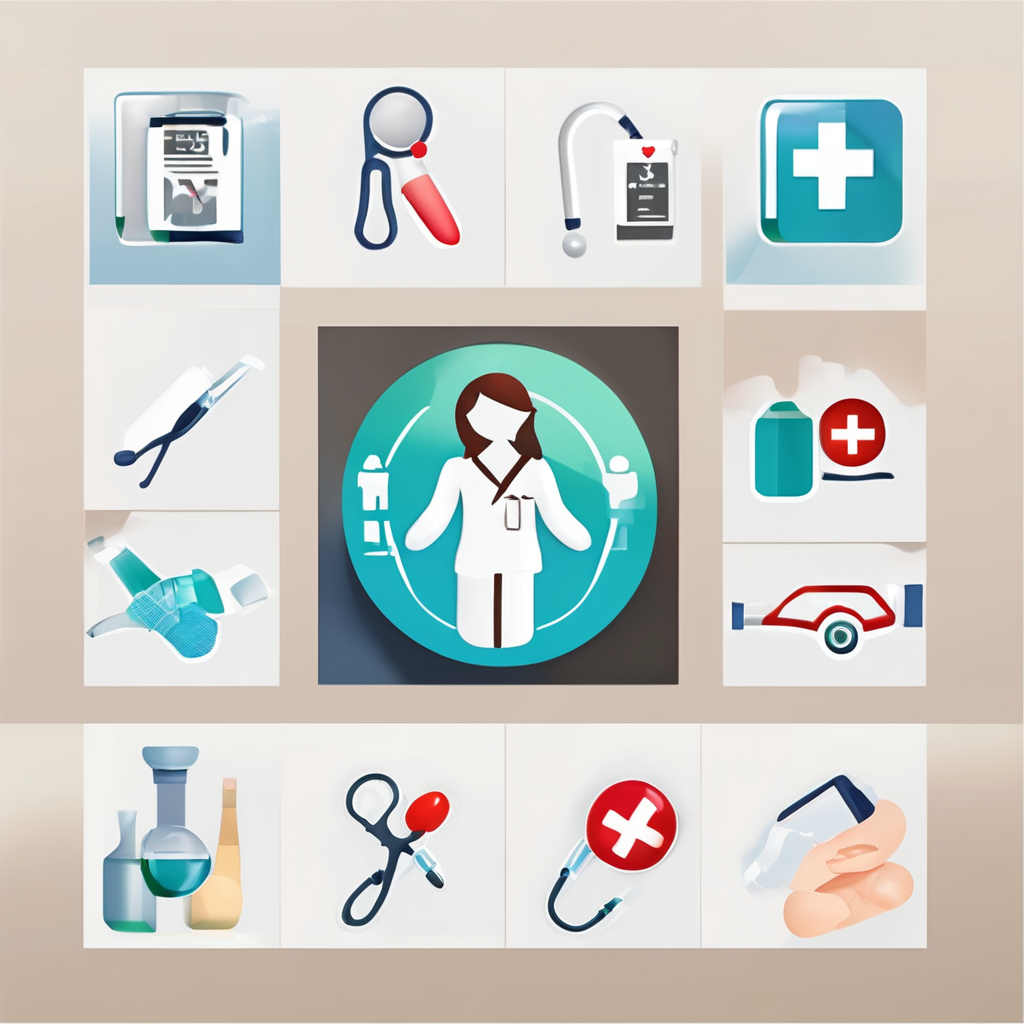In our fast-paced world, where emotions often get tangled in the hustle and bustle of daily life, personal journaling emerges as a beacon of introspection. This age-old practice offers more than just a canvas for self-expression; it serves as a therapeutic tool that aids in processing emotions and nurturing self-awareness. This article delves into the multifaceted benefits of journaling, exploring its profound impact on mental health and emotional clarity. As you navigate through life’s challenges, understanding the role of journaling can help illuminate your path to self-discovery.
Unveiling Emotional Clarity Through Writing
Journaling is more than jotting down daily events. It is a powerful medium for exploring and understanding emotions. As you pen down your innermost thoughts and feelings, you create a dialogue with yourself that fosters emotional clarity and insight.
Also read : How can you create a calming sleep environment that promotes restorative sleep and improves overall health?
The Power of the Written Word
The mere act of writing can act as a balm for emotional wounds. When you transform your abstract thoughts into written words, you externalize your emotions, making them more tangible and easier to process. This process can help individuals articulate feelings they might find difficult to express verbally.
Emotional Catharsis
Journaling serves as an emotional release. As you put pen to paper, you can vent, reflect, and ultimately achieve a sense of catharsis. By writing about your deepest anxieties or frustrations, you can find a release that might not be possible through spoken communication.
Also to see : What practical steps can you take to reduce your exposure to environmental toxins in your home?
Enhanced Emotional Awareness
Regular journaling encourages you to check in with your emotions, leading to increased emotional awareness. This helps in identifying patterns, such as recurrent thoughts or triggers for anxiety, which can then be addressed more effectively.
Self-Reflection and Growth
Reflecting on past journal entries allows you to see how you’ve grown and developed over time. This perspective can be empowering, as it showcases your resilience and ability to overcome emotional challenges.
Journaling as a Tool for Mental Health
The relationship between journaling and mental health has been well-documented. For many individuals, writing serves as a therapeutic practice that supplements traditional forms of therapy, offering a private and accessible avenue for mental well-being.
Reducing Anxiety and Stress
Writing about your thoughts can significantly reduce feelings of anxiety and stress. As you articulate your worries, you gain a better understanding of the sources of your stress and anxiety, which is the first step toward managing them.
Cultivating a Sense of Control
In moments of emotional turmoil, journaling offers a sense of control over your thoughts. By structuring your mind’s chaos into coherent narratives, you can regain a sense of calm and order.
Promoting Emotional Healing
For those grappling with grief or trauma, journaling can be a therapeutic outlet. Writing about difficult experiences can facilitate emotional healing, enabling you to process complex emotions in a safe and private space.
Enhancing Cognitive Function
The mental engagement required in crafting narratives can improve overall cognitive function. Not only does this make you more adept at organizing thoughts, but it also enhances memory and comprehension skills.
Boosting Self-Awareness through Journaling
Self-awareness is a vital component of personal growth and emotional intelligence. Through regular journaling, you can unlock deeper levels of self-understanding and self-awareness.
Understanding Personal Patterns
As you write about your daily experiences, you begin to recognize patterns in your behavior, thoughts, and emotions. Identifying these patterns can help you recognize strengths and areas for improvement.
Setting and Achieving Goals
Journaling allows you to clearly articulate your aspirations and track your progress over time. By regularly reflecting on your goals, you enhance your motivation and remain aligned with your personal and professional objectives.
Enhancing Decision-Making Skills
With increased self-awareness comes better decision-making. Journaling helps you analyze past decisions and their outcomes, equipping you with the insights needed to make more informed choices moving forward.
Strengthening Emotional Intelligence
As you explore and document your emotions, you cultivate a deeper understanding of how your feelings affect your thoughts and actions. This heightened emotional intelligence can improve interpersonal relationships and communication skills.
Incorporating Journaling into Daily Life
While the benefits of journaling are clear, integrating it into your daily routine requires intention and commitment. Here are some practical tips to help you start your journaling journey and maximize its impact.
Choosing the Right Medium
Whether you prefer traditional pen and paper or digital platforms, choose a medium that feels most comfortable to you. The key is consistency, so pick a format you enjoy and will stick with over time.
Establishing a Routine
To truly reap the benefits of journaling, consistency is crucial. Set aside a specific time each day, whether in the morning or before bed, to reflect and write. Creating a routine helps weave journaling seamlessly into your lifestyle.
Using Prompts to Guide Your Writing
If you’re unsure where to start, writing prompts can provide direction. Topics like “what am I grateful for today?” or “how did I handle stress this week?” can inspire thoughtful reflection.
Allowing Yourself Freedom and Creativity
Remember, there are no rules in journaling. Allow yourself the freedom to experiment with different writing styles or even incorporate drawings or collages if it enhances your experience.
Regularly Reviewing and Reflecting
Periodically revisit your past entries. This practice not only allows you to track your growth but also provides insight into patterns and progress.
Incorporating journaling into your life goes beyond mere reflection; it is a transformative journey of emotional processing and self-awareness. By regularly engaging in this practice, individuals can cultivate a deeper understanding of their feelings, leading to improved mental health and emotional well-being. As you embark on your journaling journey, remember that the ultimate goal is not perfection but progress. Whether you seek to alleviate anxiety or enhance self-awareness, journaling offers a simple yet profound way to navigate the complexities of the human experience.











